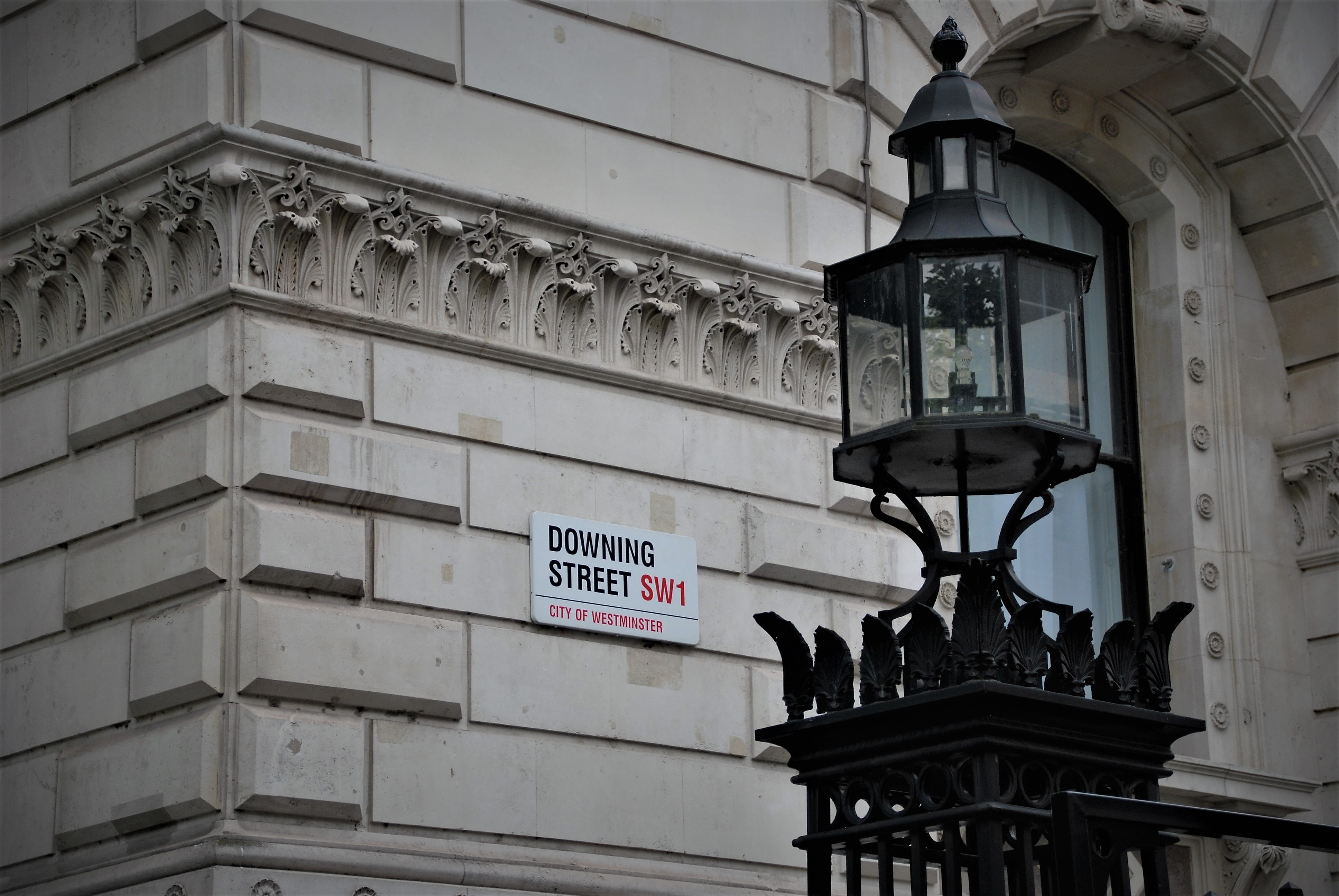Spending Round 2019: £30 million for Net Zero, and other green economy pledges
The chancellor delivered his Spending Round yesterday, announcing ‘the fastest planned increase in day-to-day departmental spending for 15 years’.
Amid ongoing political uncertainty over Brexit, and the possibility of a general election, the plans announced apply for a single year, rather than the three which would be expected of traditional review.
Environmental and climate change took a back seat to health, education and policing, but there were a number of commitments made.
Here’s our round up of the green economy pledges:
• An additional £30 million to accelerate progress on developing decarbonisation schemes to move the UK towards its Net Zero greenhouse gas emissions target by 2050. Further detail will be set out in the National Infrastructure Strategy this autumn.
• More than £30 million increase in funding for air quality.
• An additional £30 million for terrestrial and marine biodiversity measures, to support the maintenance and restoration of vital habitats for wildlife, progress nature-based solutions for climate change mitigation and adaptation, and deliver the 25 Year Environment Plan. The government says this will also help deliver commitments made on the Blue Belt, implement the Ivory Act and enhance the UK’s global leadership on biodiversity.
• Support for rail passengers and the wider rail network, by committing a further £275 million for maintaining rail infrastructure in 2020-21 compared to 2019-20.
• Over £200 million of increased funding to transform bus services and promoting decarbonisation. Further details to be announced.
• ‘Continued support’ for the development of major transport projects, including the Leeds to Manchester route of Northern Powerhouse Rail, and East West rail links in the Oxford to Cambridge Arc.
The Department for International Development also won a 1.5 per cent budget increase, with at least £250m going to the international climate and environment funds, including the Green Climate Fund. An additional £30m was also announced to support developing nations improve their biodiversity. In addition, £87m of Official Development Assistance funding from BEIS is earmarked to help developing countries reduce their carbon emissions and adapt to the effects of climate change.
Concept Energy Solutions is one of the UK’s leading independent carbon and water management consultancies. Get in touch if you’d like to know more about what we do.


